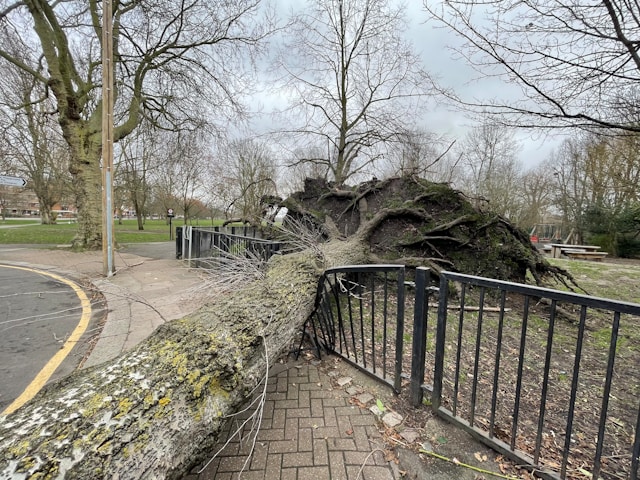
Deformities and injuries of the upper body can make you very unproductive since the upper body does most work. In worse cases, the problem could affect your wrists, arms, shoulders, elbows, and hands. These constitute essential parts of the body that help you do your chores and daily activities. Therefore, it is in your best interest to have the best orthopedic care given to you if either of these parts gets a problem. Upper Extremity Specialists of Synergy Orthopedic Specialists Medical Group are aware of this and have specialized their expertise in this field. Below are some of the problems that will require you to visit their facilities.
- Shoulder Injuries
Having a shoulder problem might not seem like a big deal until you get it yourself and can’t move your arm around. Some of the common problems that affect the shoulders include rotator cuff tears, fractures, tendonitis, bursitis, impingement, and instability. When you have a shoulder problem, you may experience numbness, weakness, or stiffness in your arm or even feel like your arm is loose from the top part. Treatment will depend on the signs, but some main procedures include medication, immobilization, compression, reparative orthopedics, shoulder reserving arthroplasty, and full or partial shoulder replacement.
- Wrist and Hand Injuries
If you have ever gone skating, your trainer will tell you that you’d rather fall on your buttocks than put forth your arm to prevent hurting your wrist. This is because wrists and hands are very critical in almost everything we do. Common causes of wrist and hand pains are sprains, Kienbock’s disease, inflammation, fractures, osteoarthritis, proximal interphalangeal (PIP) joint dislocation, boutonniere deformity, and posttraumatic arthritis. Treatment will depend on the extent and the type of problem, but it would include immobilization and compression, basic therapy, bracing or bone setting, arthroscopic procedures, and endoscopic carpal tunnel release.
- Regenerative orthopedics
Regenerative orthopedics is the use of advanced therapies to improve healing in the musculoskeletal tissue. Your orthopedic surgeon usually advises this procedure to help you recover from fractures, muscle strains, tendonitis, arthritis, and bursitis, depending on how they view your problem.
- Non-operative Orthopedics
Most of these injuries that affect the arms, wrists, shoulders, and other aforementioned parts do not require surgery to heal. Most specialists will opt for non-operative orthopedics to treat your problem. These treatments include therapies like guided exercise, massages, and medication.
- Trauma
Traumatic orthopedic injuries could be the most painful injuries of the aforementioned body parts. They range from stable fractures, where the affected bone merely leaves its usual position, to comminuted fractures, which involve a bone breaking into three or more pieces. After a thorough diagnosis, the traumatic orthopedic fractures will be handled using customized treatment depending on the level and type of injury you have. Some heal quickly, and others could take months in which physical therapy must be incorporated into the treatment.
Whenever you have any orthopedic issue, Synergy Orthopedic Specialists Medical Group, located in California, has specialists that are among the best in the world. You no longer need to worry about getting your hands and arms back in shape.






